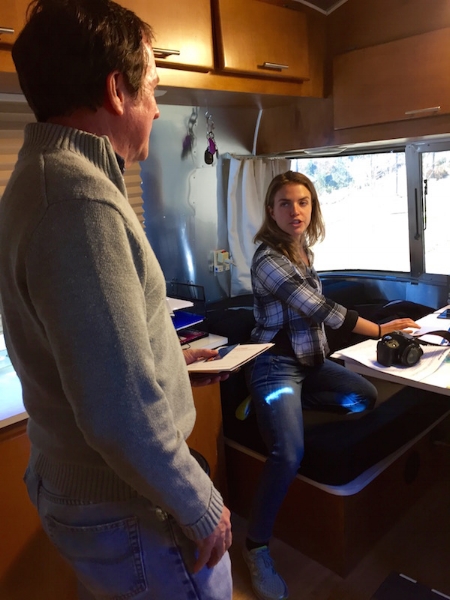I showed up yesterday to begin my week as juror number 87 at magistrate court--and was surprised to learn that they try criminal domestic violence cases there, mixed in with traffic and small claims cases.
That's right. People who are beaten up by domestic partners are on the docket right alongside people protesting tickets for seat belt violations or haggling with a plumber over a $200 charge.
I've thought a lot about domestic violence over the last 10 years. I've written and tested domestic violence training for social workers. I've produced videos about it. I've experienced how it works on a personal level, because one of my sisters has been a victim. More recently, last month, I attended the HBO premiere of Cynthia Hill's documentary Private Violence, where I also heard a panel of speakers talk about where we are and where we need to be.
After watching that film, I asked a friend: Do you think the very term "domestic violence" contributes to the problem? We qualify the violence, trying to acknowledge that these relationships are complicated. But don't we also minimize the violence by terming it "domestic"? After all, violence is violence. If you're killed by it, you're dead.
This week, I'm wondering if where we try the case is also part of our very big problem in South Carolina. Do we, by trying cases of assault at "Judge Judy" court, minimize the violence? Sure seems that way to me.
I haven't done much research into this yet, but I plan to. Even so, just a half hour on Google and I found an article from earlier this year about how courts in South Carolina's Upstate are looking into the very issue that my time on jury duty has raised for me.
Greenville County moved to a countywide criminal domestic violence court in February. Everyone arrested for first-time criminal domestic violence went before a judge, in a court solely for those cases.
According to the solicitor, Walt Wilkins, the court can handle cases in a matter of weeks rather than months. He had observed of the old system what I'm seeing in Richland County: "They were mixed in with traffic tickets, and DUI arrests, or larcenies, or property damage cases and they wouldn't initially have their appearance for four to six months." The court also connects victims with services they need, all in one place.
I still wonder why violence against a domestic partner doesn't go through the same court that addresses violence against total strangers.
But I'm glad to know that Greenville County is attempting this, because we need to do more than make people aware of the stories of women being beaten and killed. We need to look at how we respond, how we talk about violence, both before and and after it happens.
That need was brought home to me during jury duty, too. Most of us in S.C. know that our state is one of the worst in the U.S. for domestic violence. What does that look like, though? How do you imagine it? One way is to sit in a room with 50 jurors and listen as we respond to the judge's question:
Have you or any of your close blood relations been involved in a domestic violence situation?
Fifteen people stood up today, as the judge seated a jury for a criminal domestic violence trial. I was one of the people standing. Some of them were victims themselves. Others like me were related to a victim. And of that group, three had had a sister or brother who'd died because of a "domestic violence situation."
One of the three, a woman whose sister had been murdered, had to sit on that jury. When the opposing attorneys agreed to seat her, she sank down on the bench and cried.










